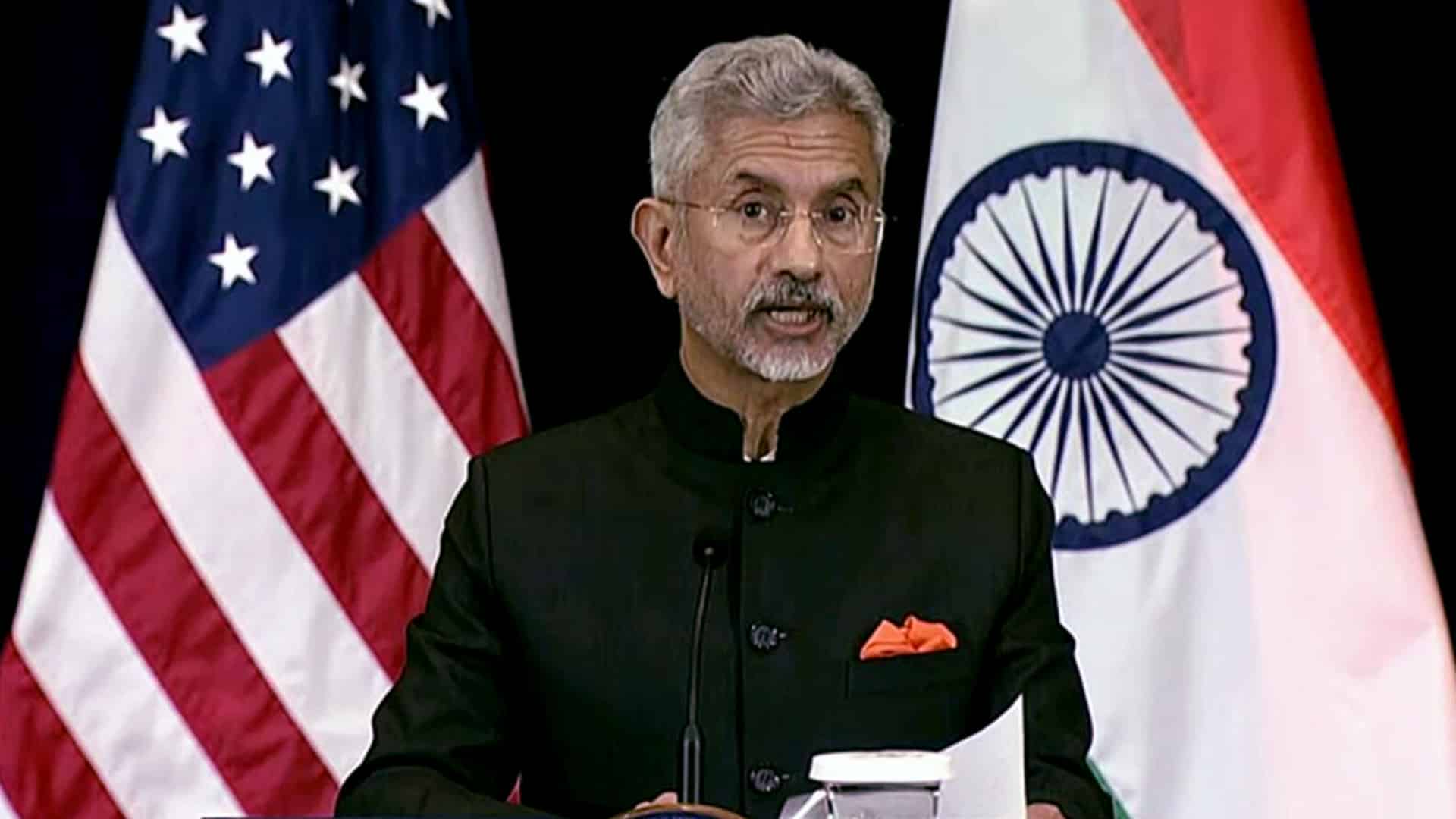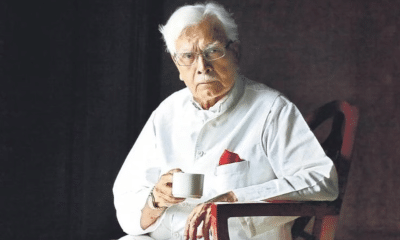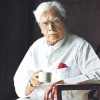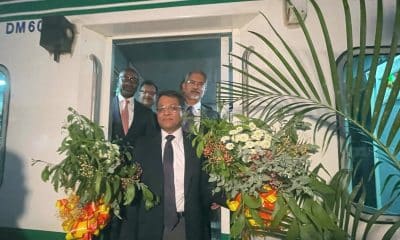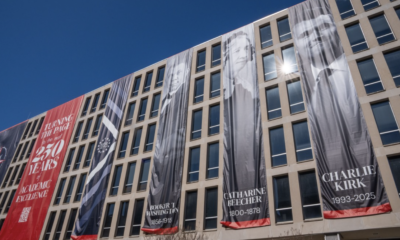News
Politics of the day should not lead our borders to be vulnerable: Jaishankar
External Affairs Minister S Jaishankar on Wednesday said that the political compulsions of the day should not make the country’s borders vulnerable or harm the larger interest of the nation.
The union minister, while interacting with the students at the Indian Institute of Management (IIM) Calcutta, said that the temporary provision given under Article 370 to Jammu and Kashmir continued for more than 70 years due to the “politics of the day”.
“It is important to put the national interest first. Politics of the day should not hamper the larger interest of the nation. All politicians should have that approach in the first place,” he said, adding that “politics of the day should not lead our borders to be vulnerable.”
Speaking on the abrogation of Article 370 in 2019, Jaishankar rhetorically asked what was the reason for a temporary provision to continue so long other than the politics of the day.
“The fact that we had such a messy issue there… the whole world used it,” he said.
Jaishankar said there is a need to create public opinion on this issue as it impacts the politics of the country.
Addressing the issue of advanced fighter jets such as F-16 being given to Pakistan, the external affairs minister said, “If you look at last 75 years, it has not served the world well by propping up military dictatorship.”
Without naming India’s western neighbour, he also asked Pakistan to go in for a “performance evaluation” over the issue of that nation’s support to terrorism outside its borders.
Many analysts have earlier pointed out that Pakistan’s use of proxy religion-based terror groups has spawned religious militancy within that country too.
Jaishankar, who has served as a career diplomat for several decades before joining the Narendra Modi government as a minister, said India now matters more on the world stage.
“This is a moment when India resets terms of engagement with the world. Also, a juncture when we should be prepared to take up greater responsibilities. India today has a leadership and a vision as well as the perseverance and commitment to enhance its global standing,” he said.
Noting that “big issues of our times cannot be solved without India’s contribution or participation”, he asserted that a combination of changes in political standing, economic weight, technology capabilities and cultural influence is moving the country into a higher orbit.
He pointed to the need to connect diplomacy with issues which concern the common citizens.
“Diplomacy is a bread and butter issue. If an Indian consumer is paying less for petrol, an Indian farmer is assured of fertilizer at the right time, an Indian household is getting food at right price, to me these are really benchmark of successful diplomacy”, he said.
India has been striving to seal deals with Russia and other nations to buy crude at cheaper prices despite its western allies frowning on these moves.


